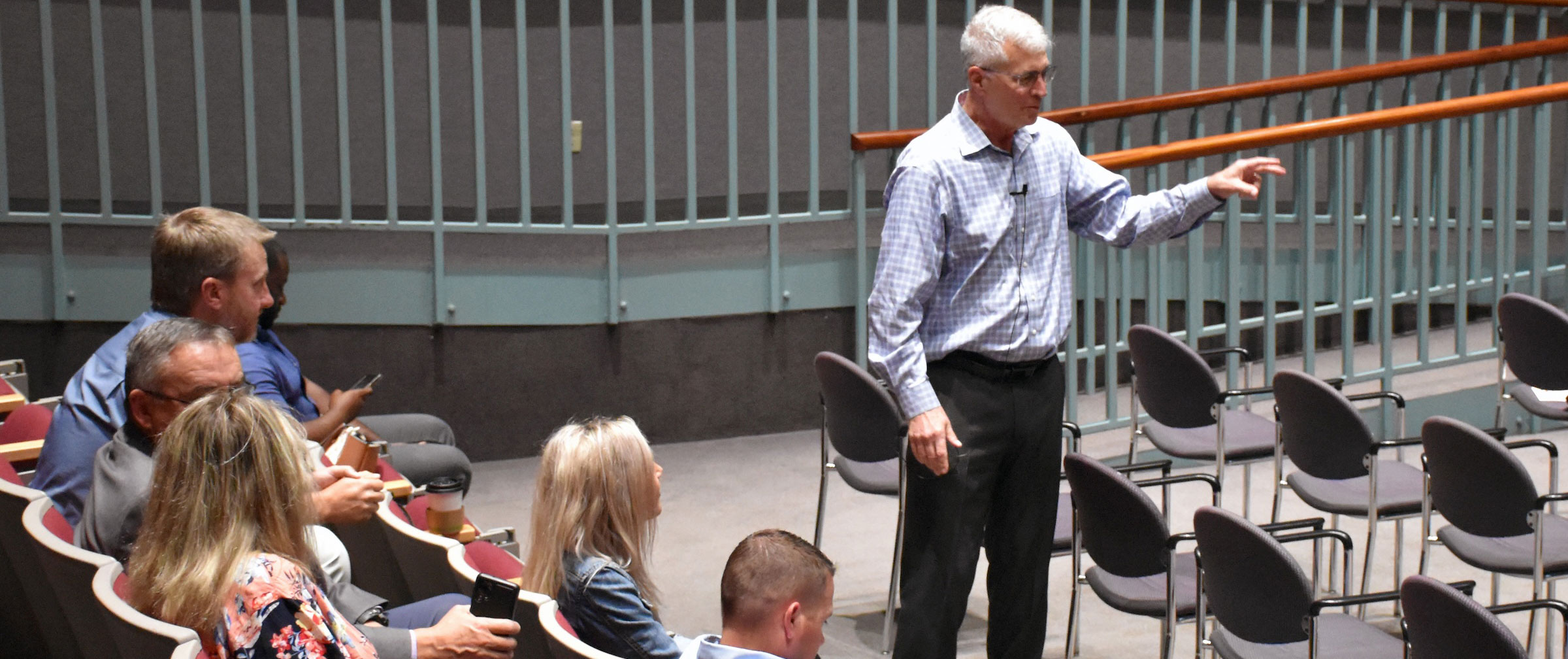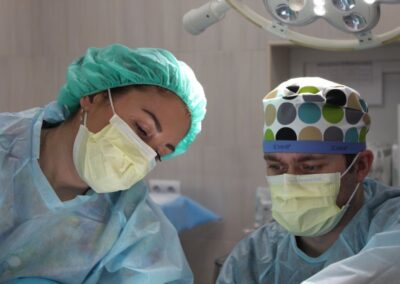For every clinician, there will ultimately come a day that will bring “Bad News”. Perhaps your nurse tells you that patient you sent home from the office yesterday with non-specific chest symptoms died last night of a massive MI. Or if you are a surgeon and your routine case unexpectedly arrests on the table and dies in front of your eyes.
Whether you feel the issue is directly your fault or simply a horrible coincidence of bad luck, a sudden pall comes over your life. It hits your gut like a two-by-four. All other thinking stops. You begin a process where you will go over the case time and again in your mind questioning what you could have done differently. On a personal level you grieve the loss of that patient, and on a pragmatic level, you wonder what is in store for you next. Will you be sued? What will your colleagues think? What will you think of yourself as a competent physician? Can I ever see another patient again? Your mind is racing. And on top of that, (and you didn’t train for this), you are suddenly alone. Even your colleagues avoid you in the doctors’ lounge, or the conversation stops when you walk in.
You think back on the song by Three Dog Night, “One is the Loneliest Number”. You are living it now.
This is truly the nightmare for every clinician. Odds are huge it will happen to you, and likely more than once. What are some pointers to help you through this horrible situation?
You first need to acknowledge and accept the following:
1. Everyone will quickly know about it. Word will spread like wild fire. And everyone you come into contact will be in that uncomfortable situation of not knowing how to react.
2. Very few people will talk to you about it except to say “I’m Sorry”. In fact, the legal team may advise you NOT to talk about it to anyone, even your family. That may help the lawyers, and maybe the legal outcome, but does NOTHING to help the physician at the time. Fact is, in the short term it makes it worse. You truly are alone. And by the way, what can one say anyway? Even consoling conversations do not make you feel better– or change what happened.
3. Depending on the merits of the case, it may drive a peer review process. This can add insult to injury as now you have to regurgitate (that’s what it will feel like) the entire case in front of your peers. No matter how you slice it, peer review is never warm and fuzzy.
4. The various stakeholders involved will rally to limit their individual liability. The situation can now degenerate into physician/ physician fighting or disagreements between the hospital and the physician. Each may hire individual counsel, whose goal it is to reduce their individual client’s liability. This makes you feel even more alone and possibly disenfranchised during a very vulnerable time in your career.
So what can you do?
1. Acknowledge and accept what’s done is done. It does no good to ponder what coulda/shoulda happened. There is nothing now you can do to change the event. Obsessive re-thinking does no good. You may have to make a conscious effort stop those thoughts and distract yourself with something else. Avoid the temptation to punish yourself.
2. You will go through an inevitable grief reaction. We all learned about Kubler-Ross and the five stages of death and dying. During the next few weeks, you will inevitably go through each of these stages in regards to this case. Just as Kubler-Ross taught us that you cannot shortcut these steps, you will have to allow yourself to go through them at your own pace. No one else can make it shorter or easier. You will take little solace in the fact that this happens to virtually every clinician. Even if you did make a clinical mistake, to err is human and you must acknowledge your humanity. In the final analysis, you must grieve and ultimately forgive yourself (even if you did nothing wrong).
3. You need to get back into the game. It may take time to progress through the grief stages, but NEVER doubt your ability as a physician. After a certain period of time, you must get back to the practice of medicine. You trained too long and love medicine much too much to let this incident harm you. Despite whatever happened, you have to get back into that clinical groove. You must minimize the scar. If you are a surgeon, you want to do that procedure again as soon as possible. If you are an ED physician, you need to get back into the Emergency Department. A brief hiatus to grieve is appropriate, but ultimately you have to take ownership of your life and go on. You owe that to yourself and to your patients. You have a lot more good to do ! If you quit, you now become just as much as a victim as the patient. Make something good come out of this.
4. There is inevitably a silver lining. All things do pass with time. The hurt you feel now will ultimately dissipate. At some later point, you can examine what happened and perhaps incorporate some new techniques or protocols into your practice. But regardless, there will be something about this case that WILL make you a better doctor. In an ironic manner, this case will benefit your ability as a physician. You will become stronger and more convicted in what you do.
It’s my sincerest hope that such an event will never happen to you…. but odds are it will. I hope these insights can give you some comfort and some enthusiasm to carry on in the field that you love and have so much to contribute.




